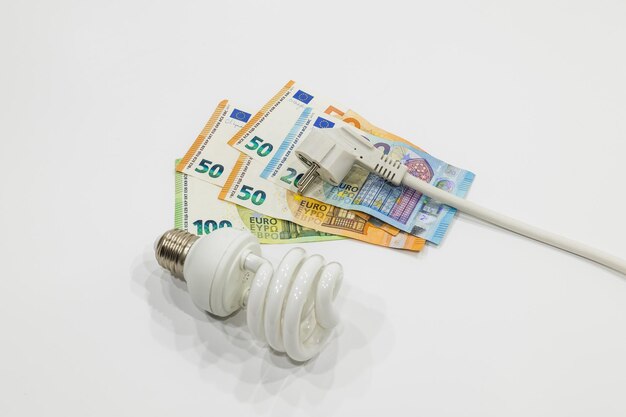Curious About Electrician Costs? Here’s What You Need to Know
If you've ever tried to fix a flickering light or troubleshoot a dead outlet on your own, you know just how valuable a skilled electrician can be. But how much does an electrician cost, and what should you expect when hiring one for your next project? Understanding the financial aspects can help you budget accordingly and explore options that make these essential services more affordable.
Understanding the Basics: Cost Factors
The cost of hiring an electrician can vary significantly based on several factors. While it's challenging to pin down an exact price without details of the specific job, you can anticipate the following influences on pricing:
- Geographical Location: Electrician rates can vary based on where you live. Urban areas generally have higher rates compared to rural locations due to the cost of living and demand.
- Type of Service: Simple tasks, like installing a light fixture, will cost less than complex jobs such as rewiring a home.
- Experience and Expertise: Electricians with more experience or specialized skills may charge higher rates, but their advanced expertise often justifies the investment.
- Emergency Services: Expect to pay a premium for services needed outside of normal business hours or for urgent repairs.
On average, many electricians charge an hourly rate between $50 to $100. However, some tasks may be priced based on the project rather than hourly, so it's essential to clarify this when receiving a quote.
Getting More for Your Money
Given the potential expenses, it's wise to maximize value whenever hiring an electrician. Here are some tips for ensuring you get quality service at a fair price:
- Request Multiple Quotes: Don't settle for the first estimate you receive. Getting quotes from several electricians allows you to compare prices and services.
- Check Credentials: Verify that the electrician is licensed, insured, and comes with good references.
- Bundle Tasks: When possible, combine multiple electrical issues into a single service call to reduce overall costs.
- Discuss Options: A reputable electrician may offer different solutions, allowing you to choose one that fits both your needs and budget.
Exploring Financial Support Options
Paying for necessary electrical work can strain budgets, especially if unexpected. Fortunately, there are ways to ease the financial burden:
- Home Repair Grants and Loans: Some government programs offer assistance for necessary home repairs, which may include electrical work. Check for available local or federal options.
- Credit Card Solutions: If you have a rewards or low-interest credit card, this might be a viable way to finance quick repairs without incurring high extra costs.
- Energy Efficiency Rebates: Upgrading to energy-efficient appliances or lighting might qualify you for rebates or incentives, lowering your net cost.
- Flexible Payment Plans: Some electricians may offer payment plans to help spread the cost over several months, reducing immediate financial pressure.
By proactively addressing electrical issues with cost-effective strategies and seeking out aid, you can ensure your home remains safe and functional without overwhelming your finances.
Financial Assistance and Educational Opportunities
To help further, here’s a handy guide to resources that can provide financial relief or educational advancement:
- 📑 Federal Home Improvement Loans/Grants: Check local HUD offices for eligibility.
- 💳 Low-Interest Medical Credit Lines through your Bank: Ideal for tackling urgent repairs.
- 🔋 Energy Company Rebates: Available for energy-efficient upgrades.
- 🎓 Community College Courses: Gain DIY skills for basic electrical repairs.
Whether you're planning a major renovation or simply fixing a faulty switch, understanding electrician costs and exploring available support options can empower you to make informed and financially savvy decisions.

